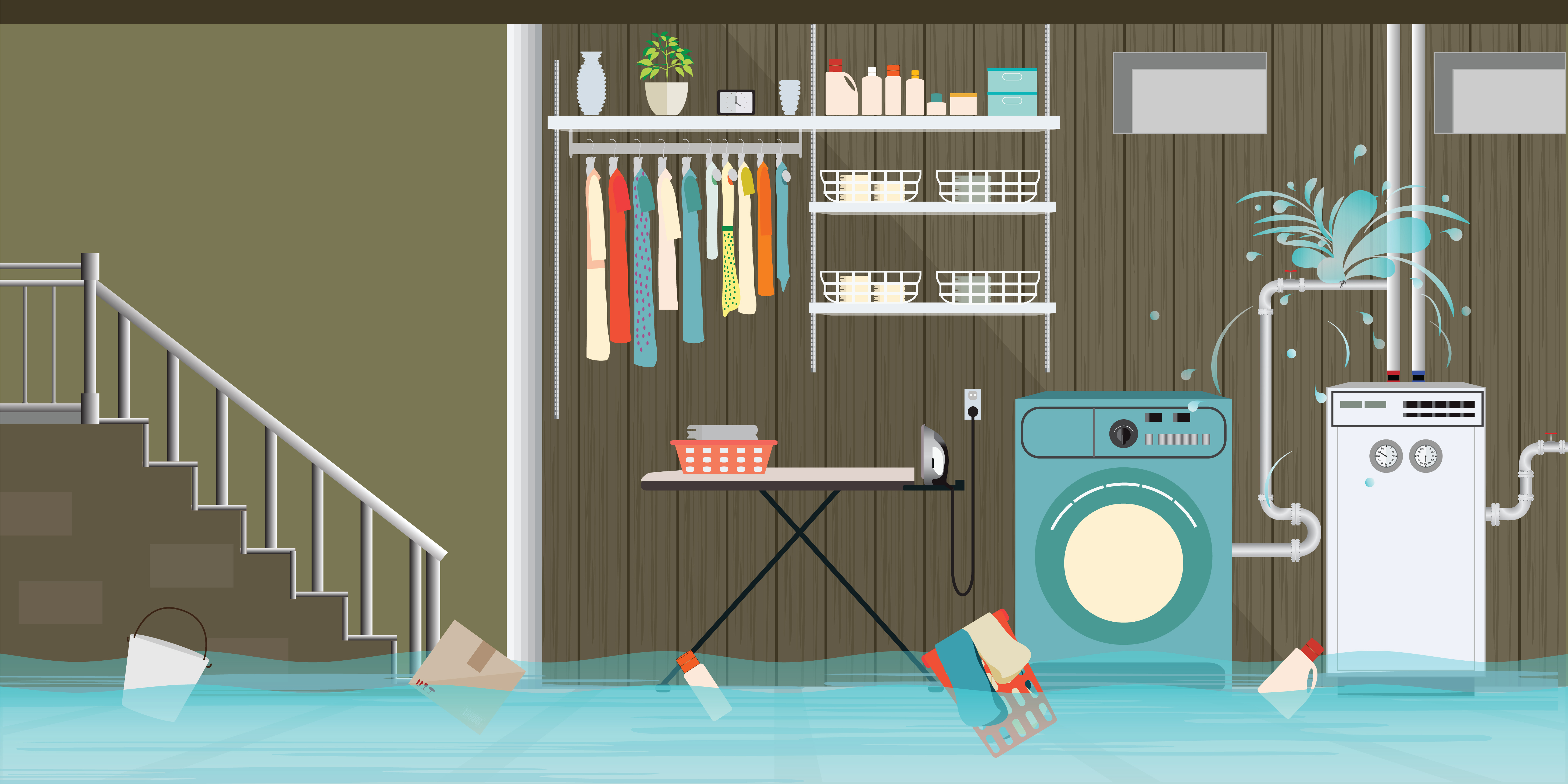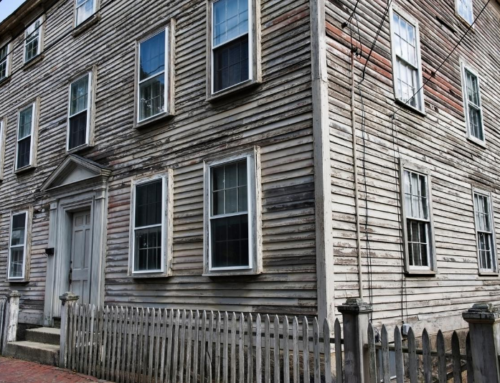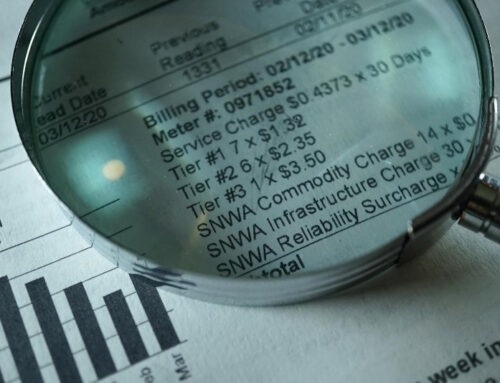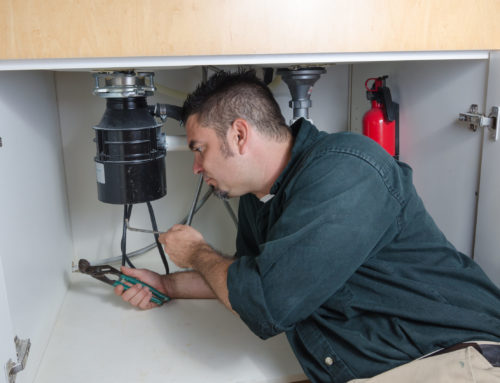Most homeowners move into their new place with a rosy image that everything will go smoothly. But unfortunately, problems do arise. One of the biggest fears among homeowners is a flooded basement. This is certainly valid, as a flooded basement can cause significant damage. Without the assistance of a 24 hour plumber Henderson, it can take a very long time to clean up. Basements are the lowest level of a home, and they’re often located below ground. Basement floods usually happen when there the foundation cracks or water leaks in from above. Sewer backups can also cause basement flooding. If your basement floods for any reason, here’s how to fix it.
Shut off Power
No matter how upset you are about having a flooded basement, the most important thing is that you stay safe. Therefore, shutting off power should be your main priority. This is especially true considering the fact that most of your power sources are located in the basement. If the power source is in a flooded area, stay away. Call a Henderson plumber to help you out.
Find the Source
Basement floods happen for several reasons. The foundation of your house can leak, which means that one big storm can test your foundation’s limits and let water in. A sewer backup can also cause basement flooding. If there is a storm with heavy rainfall, water can pool around the ground level of your home. If the basement is lower than the surrounding land, the water can easily find its way into the basement through the force of gravity.
Check the Floor Drain
As with your sink or shower drains, your basement flooding problems might arise from an improperly functioning drain. Fortunately, you don’t need to do much to keep a drain going. Just eliminating any debris will keep the drain working. Flooding often brings debris, so keeping the drain clear can go a long way in reducing clogs and preventing water drainage. In the future, getting an overflow cover plate to prevent clogs can reduce basement flooding.
Remove Excess Water
Once you notice that there’s water in the basement, you’ll need to remove it. The scale of basement flooding varies widely. This, in turn, determines your best prospects for excess water removal. Your options are generally limited to a sump pump, a pool pump, a mop and bucket, and a vacuum. Sump pumps suck up excess water and divert it from the house. They are most effective for large-scale flooding. Vacuums and mops, in contrast, are best for minor floods.
Basements, by nature, are one of the areas of your home that are most prone to flooding. And it doesn’t take much – one leaking pipe, standing water, or sudden storm can put your basement out of commission. No matter how small or catastrophic your basement flooding seems to be, know that you can count on us for help. With fast, friendly, and timely service, we’re here to help customers in their time of need. Contact us here!






